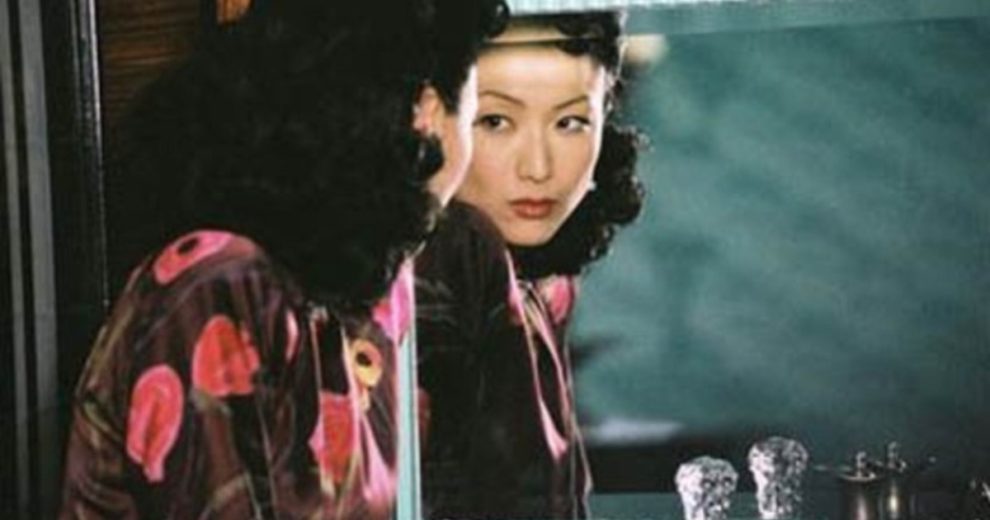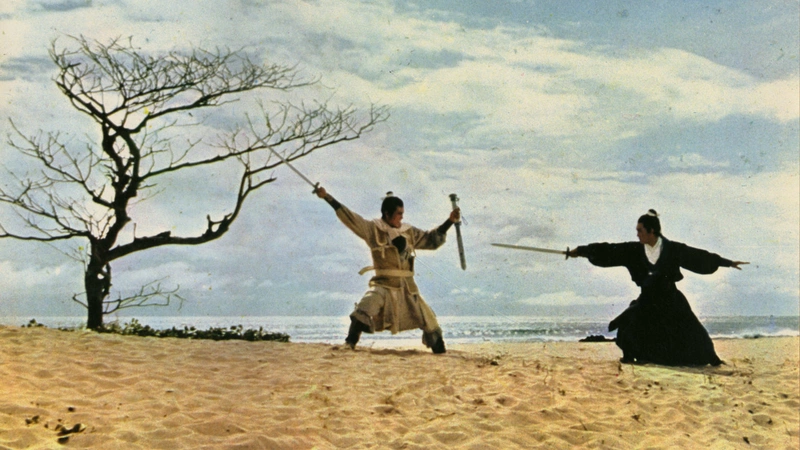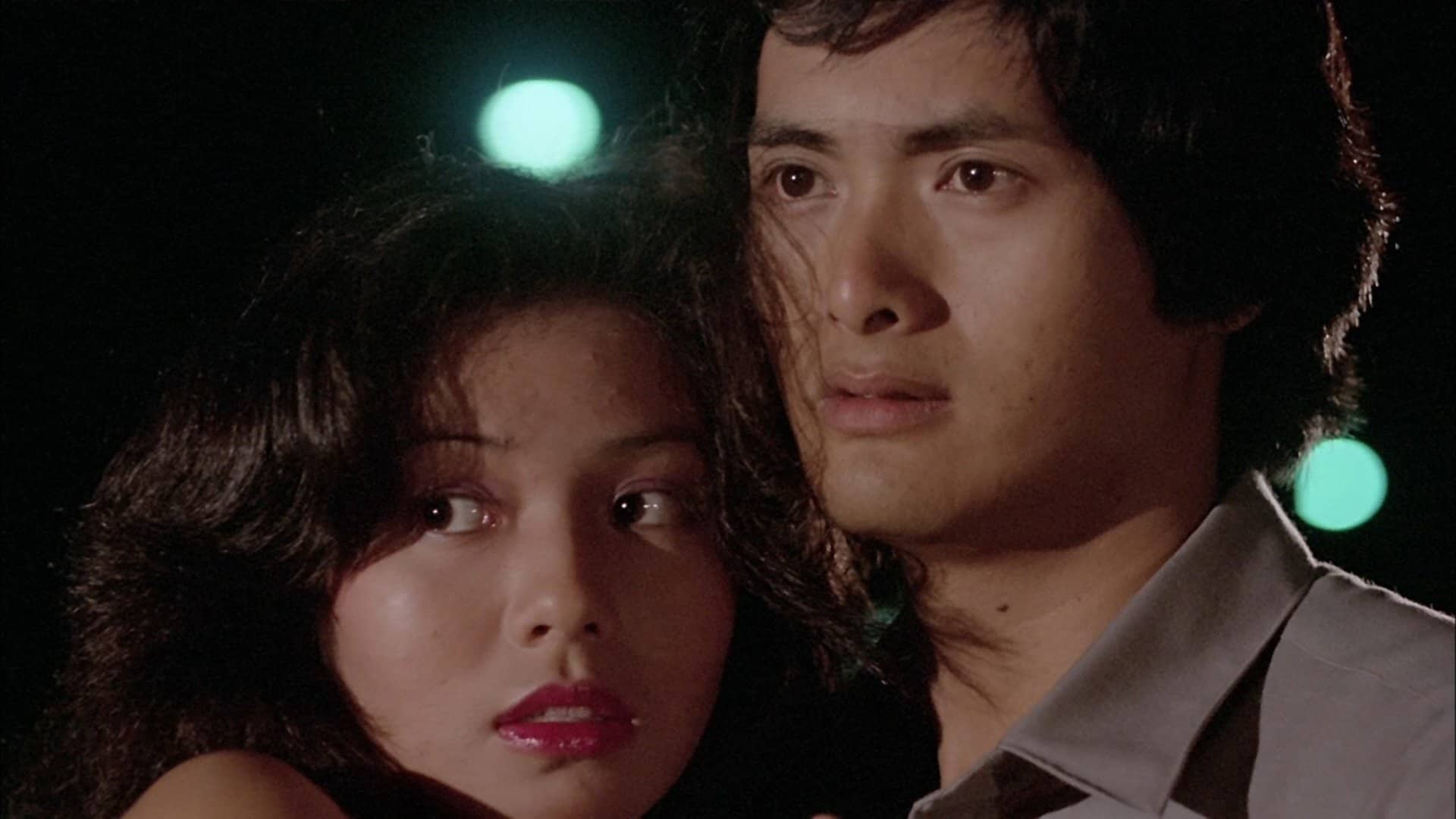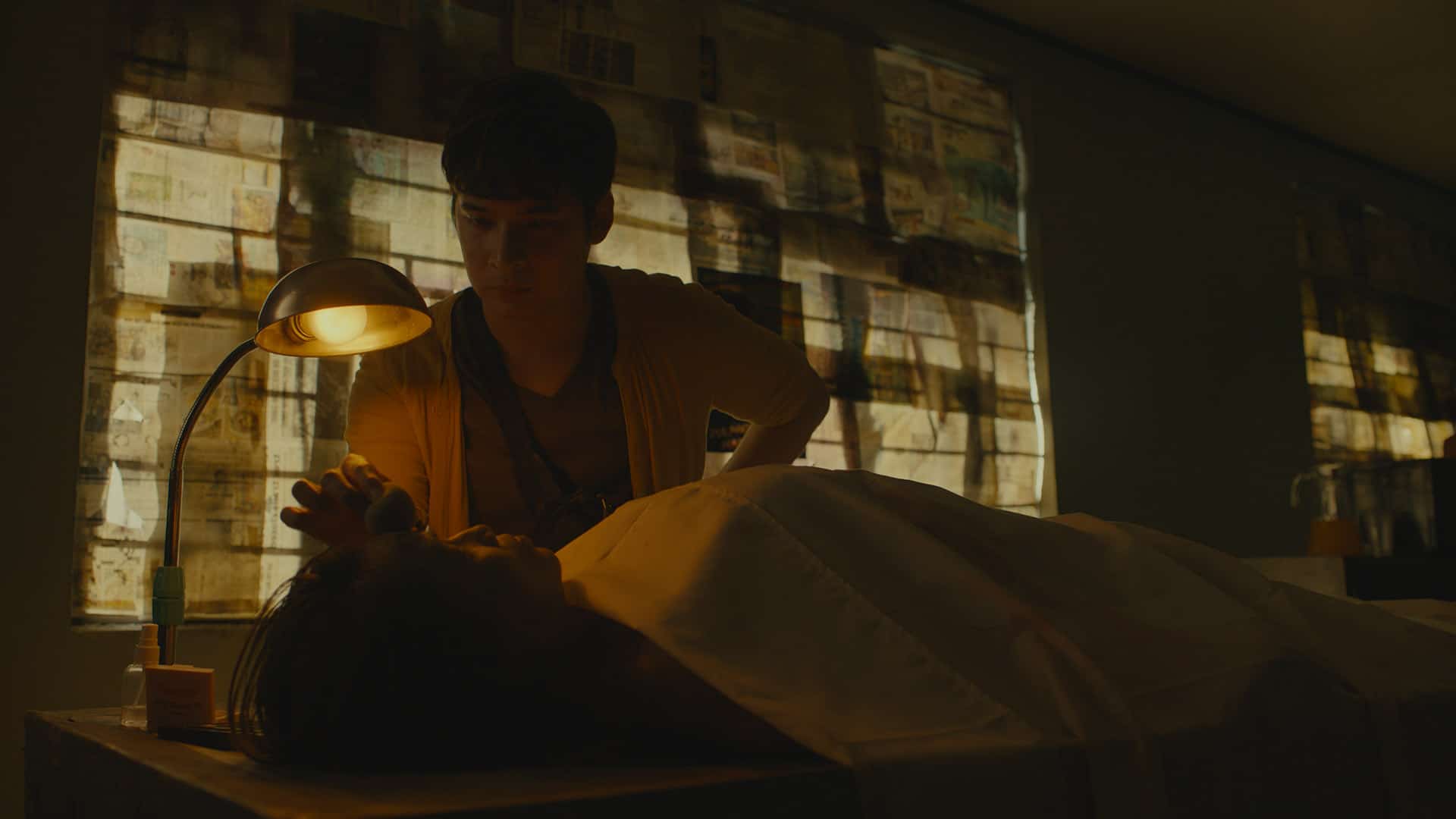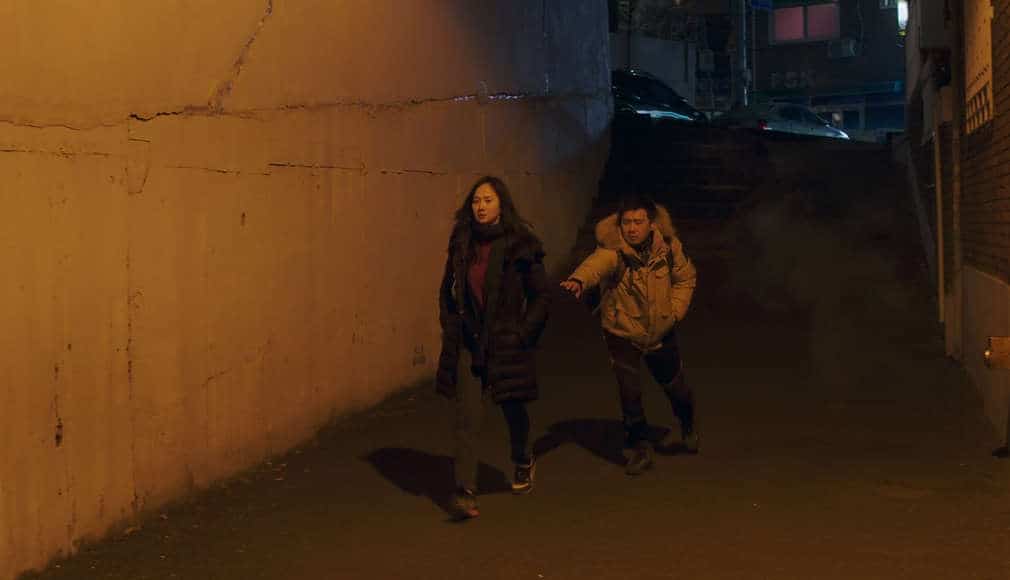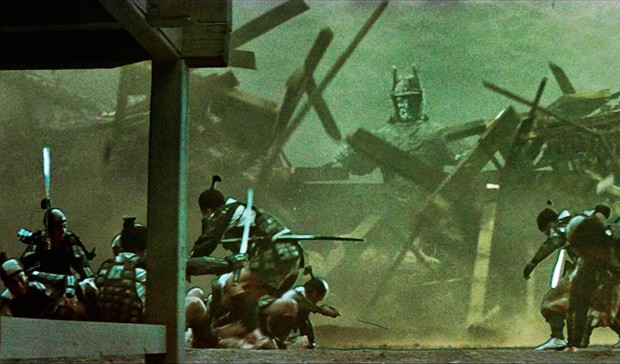Based on “The Song of Everlasting Sorrow”, a highly popular 1995 Chinese novel by Wang Anyi, “Everlasting Regret” follows the story of Qiyao, from the mid-40s to the 80s, through an approach that also takes into consideration the intense sociopolitical changes Shanghai underwent during the time, which remain though, in the background.
Buy This Title
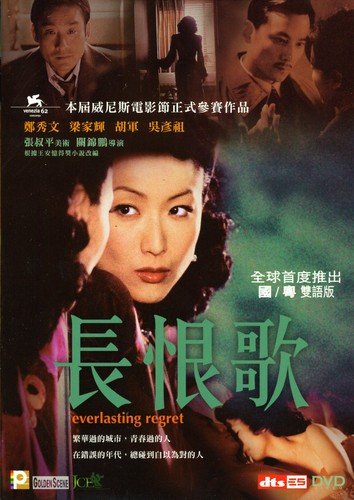
The story is told through the perspective of a photographer, Cheng, who is introduced to Qiyao by her best friend Lili, who seems to have feelings for him. Cheng, however, is immediately smitten by Qiyao's beauty, asking to photograph her, and eventually urging her to participate in the local beauty pageant, where she ends up winning. As soon as she does, she walks away from a respectable pre-arranged marriage and becomes the mistress of officer Li, a higher-up of the Nationalist regime, enjoying a rather luxurious life for the next few years. The rising of the communists, however, strips Li from all his power. Several years later, Qiyao is in a relationship with Ming, the son of a rich industrialist, and even gets pregnant with his child. His family, however, lose all their property and leave for Hong Kong, and she is left alone once more. Her life continues in the same pattern, with her partners either dying or abandoning her, with the only constant in her life being Cheng, who never stopped loving her.
There are three things that will become obvious from the beginning of Stanley Kwan's work. An effort to present Shanghai much like Wong Kar-wai did for Hong Kong in “In the Mood for Love”, as a setting where a number of significant events take place, but the focus never strays particularly away from the romantic relationships permeating the narrative. The second element is an effort to shape Sammi Cheng in the style of Maggie Cheung, particularly in the way she performed in “Center Stage”. Her effort, although, does not manage to reach the rather high heights Cheung's did, is still quite convincing, particularly through the presentation of an element that is the third of the ones we mentioned: pretentiousness. Particularly in the first parts, this aspect seems to derive from every element of the movie, including the acting, the costumes, the settings and the dancing, but most importantly, the overall rhythm, which frequently seems to follow the jazz and waltz tempo that dominate the soundscape.
In that regard, the editing by Chi Wai Chan, William Chan and Xiaohong Chen emerges as one of the best assets of the movie, with the abrupt cuts that occasionally lead to flash forwards in time being excellently implemented within, and leading the narrative. The same artfulness applies to William Chang's production design and Lui Fung-San's costumes, that are also among the best elements in the movie, particularly in the way they intensify the whole atmosphere of pretentiousness. Lian Huang's cinematography captures all the above in the most artful fashion, while the way he uses mirrors to show various sides of the characters throughout the movie, is among the highlights of the title.
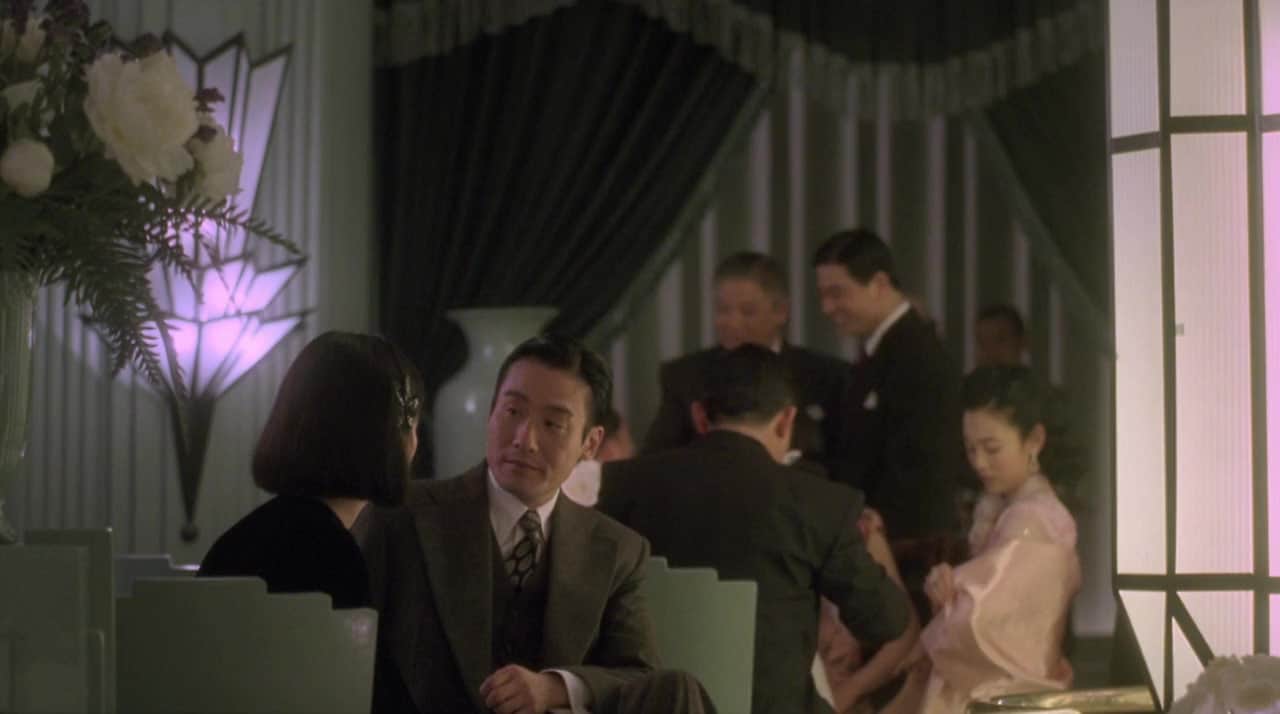
This aspect, however, is toned down as the story progresses and the financial situation of both the protagonists and the city deteriorates. The glamour is somewhat lost, with drama taking its place, with the relationships both Cheng and Qiyao have with their families, their lovers and spouses, and between them, being the main source. In that fashion, the unrequited love element becomes more and more intense, essentially deeming Cheng a truly tragic figure, as he remains in the background, watching his object of adoration changing lovers but never picking him. Tony Leung Ka-Fai is excellent in the part, through a rather measured and laconic performance that still manages to communicate his feelings quite eloquently.
A number of the first films of Stanley Kwan suffered in terms of writing, particularly because the characters were well-analyzed, but the main story essentially insignificant. This, however, is not the case here, since the story emerges as rather interesting, particularly in the ways the protagonists interact with the ones around them, change, but also remain the same through the years.
Overly pretentious, annoyingly detached and confusing through the ways the timeline unfolds are terms that could be used to describe “Everlasting Regret”. At the same time, though, Stanley Kwan manages to bring all of them together in the most impressive way and combine them with a great story and rather fitting aesthetics, coming up with a truly great movie.


